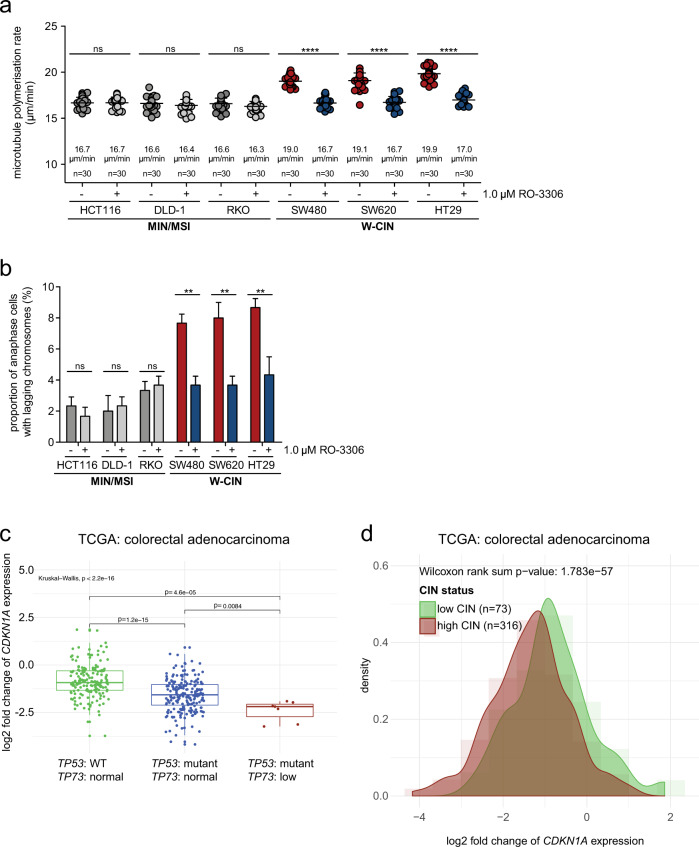Fig. 6. Relevance of the TP53, TP73, CDKN1A, and CDK1 status for chromosomal instability in colorectal cancer.
a Rescue of increased mitotic microtubule polymerization rates in various colorectal cancer cell lines exhibiting W-CIN by mild inhibition of CDK1. The indicated cell lines exhibiting either MIN/MSI or W-CIN were used to measure mitotic microtubule polymerization rates in the absence or presence of low concentrations of the CDK1 inhibitor RO-3306 (20 microtubules/cell, n = 30 mitotic cells from three independent experiments, mean ± SD, t-test). b Suppression of lagging chromosomes upon partial CDK1 inhibition in colorectal cancer cell lines exhibiting W-CIN. The indicated cell lines were treated with or without low concentrations of RO-3306 and the proportion of cells showing lagging chromosomes in anaphase was determined (n = 300 anaphase cells from three independent experiments, mean ± SD, t-test). c Relationship between TP53 and TP73 status to CDKN1A expression levels in colorectal cancer. 389 human tumor samples from The Cancer Genome Atlas (TCGA) were analyzed for their TP53 mutational status and TP73 expression level status, and its association with CDKN1A expression. The pair-wise p values were obtained from a Wilcoxon rank sum test. d The relationship between CDKN1A expression and chromosomal instability (weighted Genome Integrity Index, wGII). 389 colorectal adenocarcinoma samples from The Cancer Genome Atlas (TCGA) were categorized into low and high CIN groups and aligned to their expression level of CDKN1A. The combined density plot and histogram of CDKN1A gene expression indicates the shift of the distribution between high and low CIN scores.

